Ground Water Quality Management
Much of Nebraska is blessed with an abundance of clean groundwater. This vital resource has numerous uses within the South Platte NRD, including human consumption, irrigation, livestock, industry and many others.
State law gives Nebraska's NRDs the first responsibility for protecting groundwater from over-use, nonpoint-source pollution (such as the leaching of chemicals from a large area), or conflicts between users of groundwater and surface water. In many cases, NRDs accomplish this by establishing groundwater management areas and adopting regulatory controls in those areas.
The South Platte NRD was among the first NRDs in the state to create groundwater management areas. The Sidney Groundwater Quality Management Area was created in 1990 to help curb elevated groundwater nitrate levels in the Sidney area, and similar groundwater quality management areas soon followed in the Lodgepole Valley and South Platte Valley east of Sidney. Those areas remain in place today.
The primary goal of the South Platte NRD's groundwater quality management areas is to improve groundwater quality to within federal EPA and Nebraska Department of Environment and Energy standards. The standard for nitrate nitrogen, or Maximum Contaminant Level (MCL), is 10 parts per million. Depending on the results of groundwater nitrate testing in a given area, a phased approach is used to bring the contaminant under control.
Irrigation and Nitrogen Management
Completion of the Irrigation and Nitrogen Management training is required under the Dictrictwide Ground Water Management Rules and Regulations. SPNRD has available a hardcopy book and written test. The online training can be found below.
if you already have an account and do NOT need those instructions please click on the part that says:
Proceed to the training program
Once you are logged in:
You will need to search for your courses.
Type in “Irrigation and Nitrogen”
Click on the course
“Irrigation and Nitrogen Management User Education/Certification Program”
A Self enrollment (student) and enrollment key should come up.
Your enrollment key is: “SPNRD”
Click on the gray button that says “Enroll Me”
Scroll down to the Sections.
You will need to complete sections: A, B, D, E, F, I, J and L
After you finish those, you will need to review the South Platte NRD PowerPoint and take the South Platte NRD Test (found in the “South Platte Test & Certification” area).
PHASES
Phase I
Begins when levels of a certain contaminant reach 65 percent of the maximum contaminant level (MCL) for three consecutive years. For nitrate nitrogen, this is 6.5 parts per million (PPM.)
All producers that apply fertilizer or pesticides within the GWMA will be required to become certified in fertilizer and irrigation management practices.
Operators are required to obtain a permit from the NRD before drilling a well.
PHASE II
Begins when levels of a certain contaminant reach 80 percent of the MCL for three consecutive years. (8.0 PPM for nitrate nitrogen).
Includes all Phase I requirements.
Requires a composite sample at two different depths: 0"-10" and 10"-36". A composite sample will be collected on each tract of land 60 acres or less. (Example-for a 120 acre field, 2 composite samples would be required)
Ground water well samples from irrigated fields must be collected and analyzed for nitrate-nitrogen.
Operators using manure as fertilizer must conduct nitrogen sampling prior to application.
Annual reports reflecting the above information must be filed with the South Platte NRD.
PHASE III
Begins when, if after three years in Phase II, contamination levels exceed 95 percent of the Maximum Contaminant Level (MCL) for three consecutive years. (9.5 PPM for nitrate nitrogen)
Includes all requirements of Phases I and II.
Flow meters or other approved water measuring devices are required to measure the amount of water applied to each irrigated field.
Irrigation scheduling shall be conducted on all irrigated fields to assure irrigation efficiency and water conservation.
Commercial fertilizer applications on all soils before March 1 will be banned for spring-planted crops.
Spring fertilizer application rates for irrigated crops must be split-applied (preplant and sidedress or through a center pivot chemigation system) or applied with an inhibitor.
A ground water allocation schedule will go into effect. Water is a vital resource to everyone, and protecting its quality and quantity is everyone's responsibility. Nebraskans rely on the state's NRDs to help manage local water resources, and the South Platte Natural Resources District is committed to this goal.

